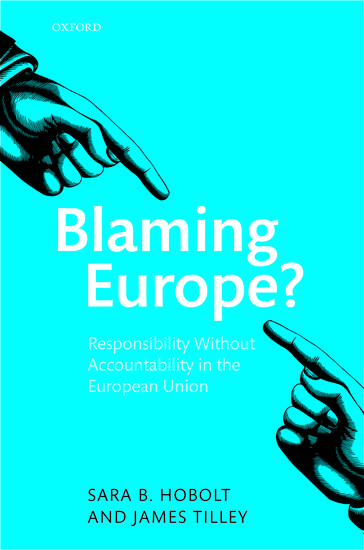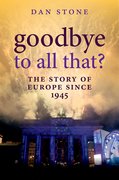Georges Pierre des Clozets: the 17th century conman
By Daniel Parker
However embarrassingly you may have been hoodwinked on April Fool’s Day in the past, it is incredibly unlikely that you’ll have ever been swindled by French confidence trickster Georges Pierre des Clozets, who represented a completely fictional secret Alchemy society called ‘The Asterism’. That dubious honour fell to Robert Boyle, philosopher, chemist, physicist, and inventor, who was duped in the latter part of the 17th century.










